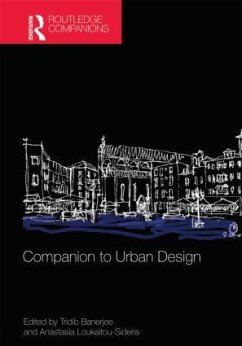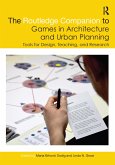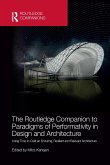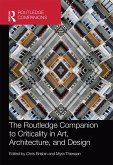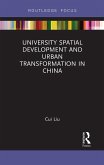Today the practice of urban design has forged a distinctive identity with applications at many different scales - ranging from the block or street scale to the scale of metropolitan and regional landscapes. Urban design interfaces many aspects of contemporary public policy - multiculturalism, healthy cities, environmental justice, economic development, climate change, energy conservations, protection of natural environments, sustainable development, community liveability, and the like. The field now comprises a core body of knowledge that enfolds a right history of ideas, paradigms, principles, tools, research and applications, enriched by electric influences from the humanities, and social and natural sciences. Companion to Urban Design includes more than fifty original contributions from internationally recognized authorities in the field. These contributions address the following questions: What are the important ideas that have shaped the field and the current practice of urban design? What are the major methods and processes that have influenced the practice of urban design at various scales? What are the current innovations relevant to the pedagogy of urban design? What are the lingering debates, conflicts ad contradictions in the theory and practice of urban design? How could urban design respond to the contemporary challenges of climate change, sustainability, active living initiatives, globalization, and the like? What are the significant disciplinary influences on the theory, research and practice of urban design in recent times? There has never before been a more authoritative and comprehensive companion that includes core, foundational and pioneering ideas and concepts of urban design. This book serves as an invaluable guide for undergraduate and postgraduate students, future professionals, and practitioners interested in architecture, landscape architecture, and urban planning, but also in urban studies, urban affairs, geography, and related fields.
Hinweis: Dieser Artikel kann nur an eine deutsche Lieferadresse ausgeliefert werden.
Hinweis: Dieser Artikel kann nur an eine deutsche Lieferadresse ausgeliefert werden.

